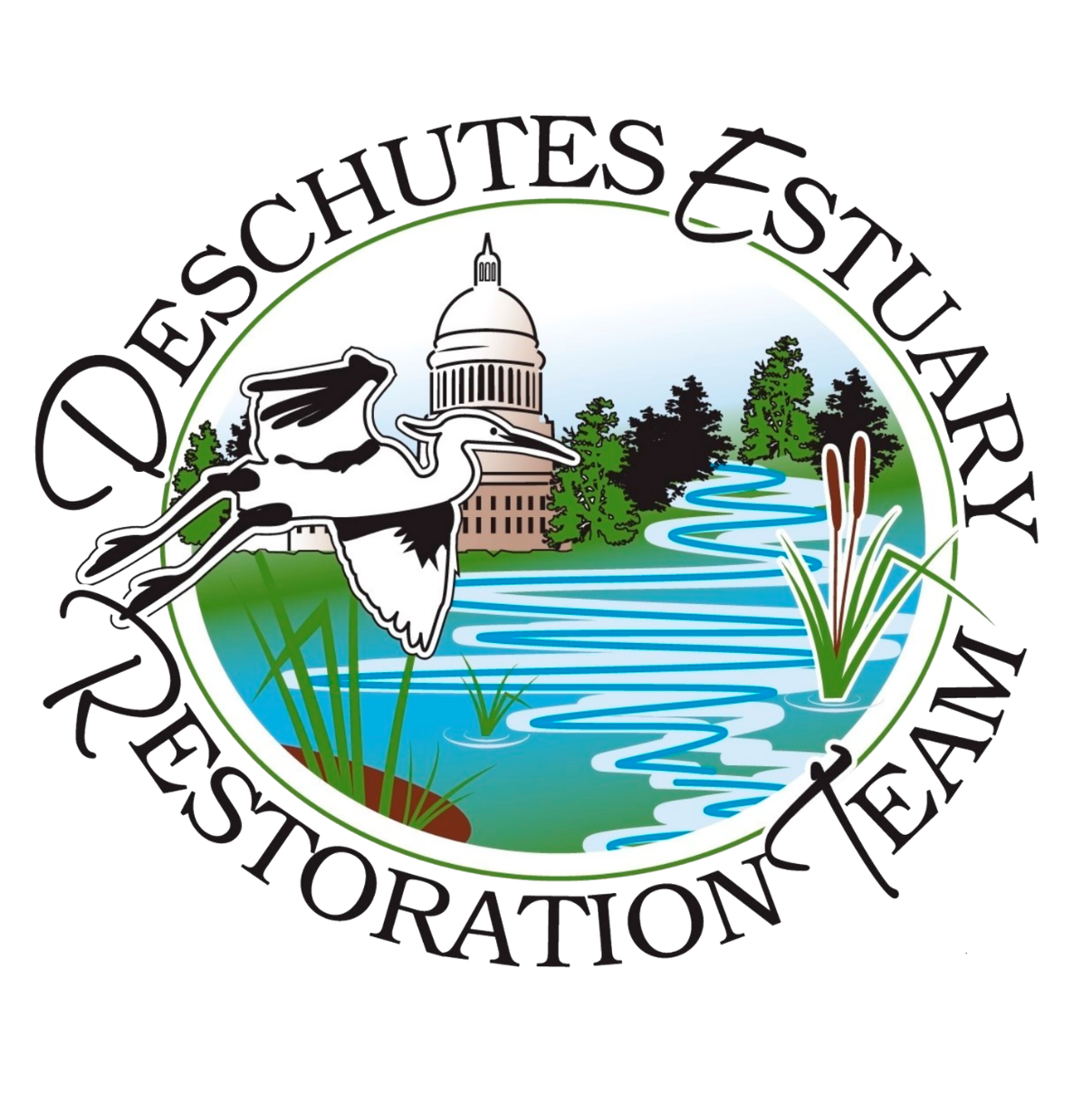Join DERT, Earthjustice Lawyer Patti Goldmen, and Depart of Ecology retiree Paul Pickett will speak from their experience on the ways law shapes our world and what we can do to leverage and/or incorporate these laws for best outcomes.
Date: Friday, March 29th from 530p-730p
Location: Traditions Fair Trade (300 5th Ave SW, Olympia, WA 98501)
Free pizza with registration!! (at the event)
Speakers:
Patti Goldman is a senior attorney in the Earthjustice Northwest regional office in Seattle, WA. Serving as the Vice President of Earthjustice from 2008-2014, and serving as the NW’s Managing Attorney for more than 20 years (before and after serving as VP), her litigation experience includes: safeguarding the Pacific Northwest’s old-growth forests, restoring Pacific salmon, protecting the region’s beloved Southern Resident orca whales, and representing the Yurok Tribe and commercial fishing groups trying to preserve Klamath River flows to sustain imperiled salmon, to name but a few! See our website for a detailed Bio.
Subject: How the Law Can Be Leveraged to Protect and Restore Ecosystems.
While lawsuits and legal advocacy rarely, in isolation, restore ecosystems, they can be a catalyst for doing so. Patti will talk about how the law has been leveraged to protect and restore rivers and estuaries and the salmon and people that depend on them for their survival and well-being.
Paul Pickett has enjoyed a career of over three decades focused on water quality, hydrology, and climate change. He’s an environmental engineer, currently retired from multi-decadal tenure with Department of Ecology, but still works part-time. He has also been a Commissioner for the Thurston Public Utility District, a Supervisor with the Thurston Conservation District, and taught water resources management and climate change at The Evergreen State College. He lives with his wife in Port Angeles, enjoying his grandkids, cats, friendly people, and lovely scenery.
Subject: Applying Science to meet State Laws and Regulations
Scientific studies to support regulatory action represent a unique kind of research that is often poorly understood. Unlike academic research or scientific work for advocacy groups or commercial purposes, science for judging compliance with laws and regulations is constrained and directed by those laws and rules. Paul will talk about his work over the years doing TMDL studies for the State Department of Ecology. TMDL studies determine the causes of water pollution problems and how to reach compliance with the requirements of the federal Clean Water Act, State Water Pollution Control Act, and other laws and regulations governing water. The Deschutes River and Capital Lake TMDL studies will provide an additional example of applying science to water quality laws and rules.


